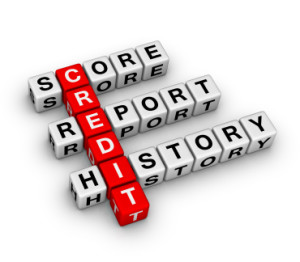 Today’s top story: What yo look for in a credit card for bad credit. Also in the news: How to decide whether you should save, invest, or pay off student loans, how to spend less money in your 20s, and why next year’s tax refund might be late.
Today’s top story: What yo look for in a credit card for bad credit. Also in the news: How to decide whether you should save, invest, or pay off student loans, how to spend less money in your 20s, and why next year’s tax refund might be late.
What to Look for in a Credit Card for Bad Credit
Pay close attention to fees.
Should I Save, Invest or Pay off Student Loans?
Using your money wisely.
10 Ways to Spend Less in Your 20s
The more you can save the better.
Adjust Your Withholding Now Because Next Year’s Tax Refund Might Be Late
Be prepared to wait.
 Today’s top story: Finding your college savings “magic number.” Also in the news: What to do when your bank isn’t measuring up, what to buy (and skip) over Labor Day weekend, and how teachers are bringing financial literacy into classrooms.
Today’s top story: Finding your college savings “magic number.” Also in the news: What to do when your bank isn’t measuring up, what to buy (and skip) over Labor Day weekend, and how teachers are bringing financial literacy into classrooms.
